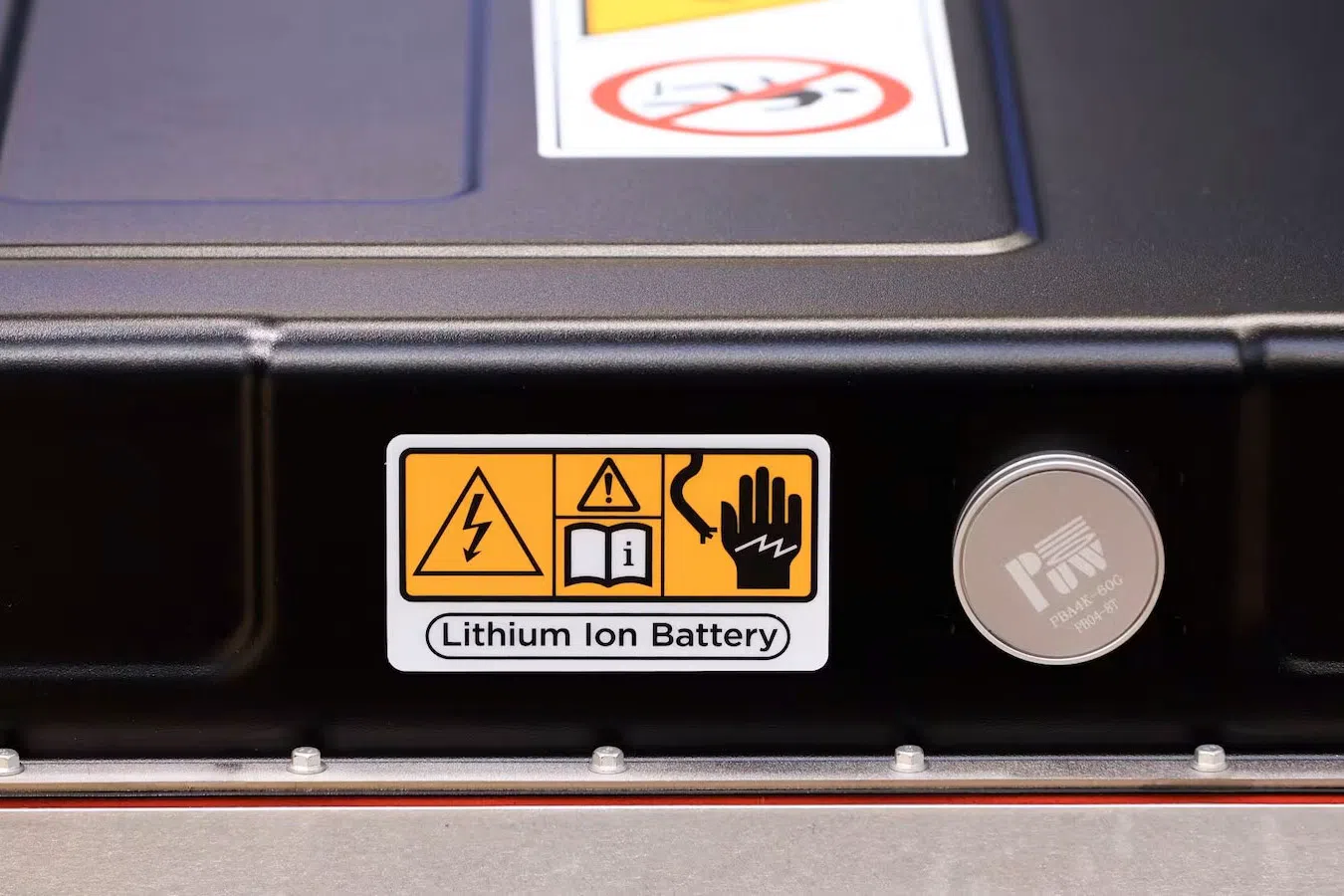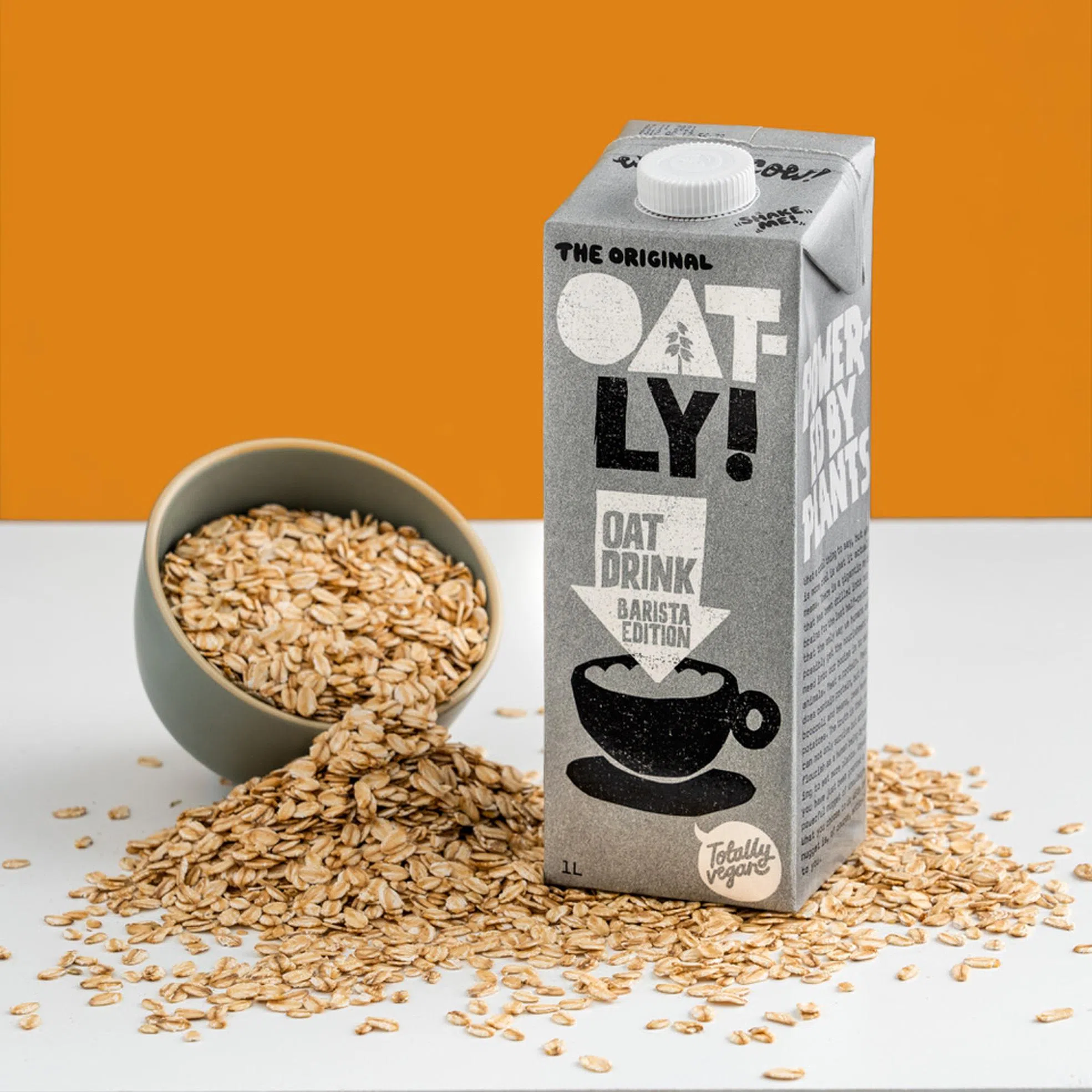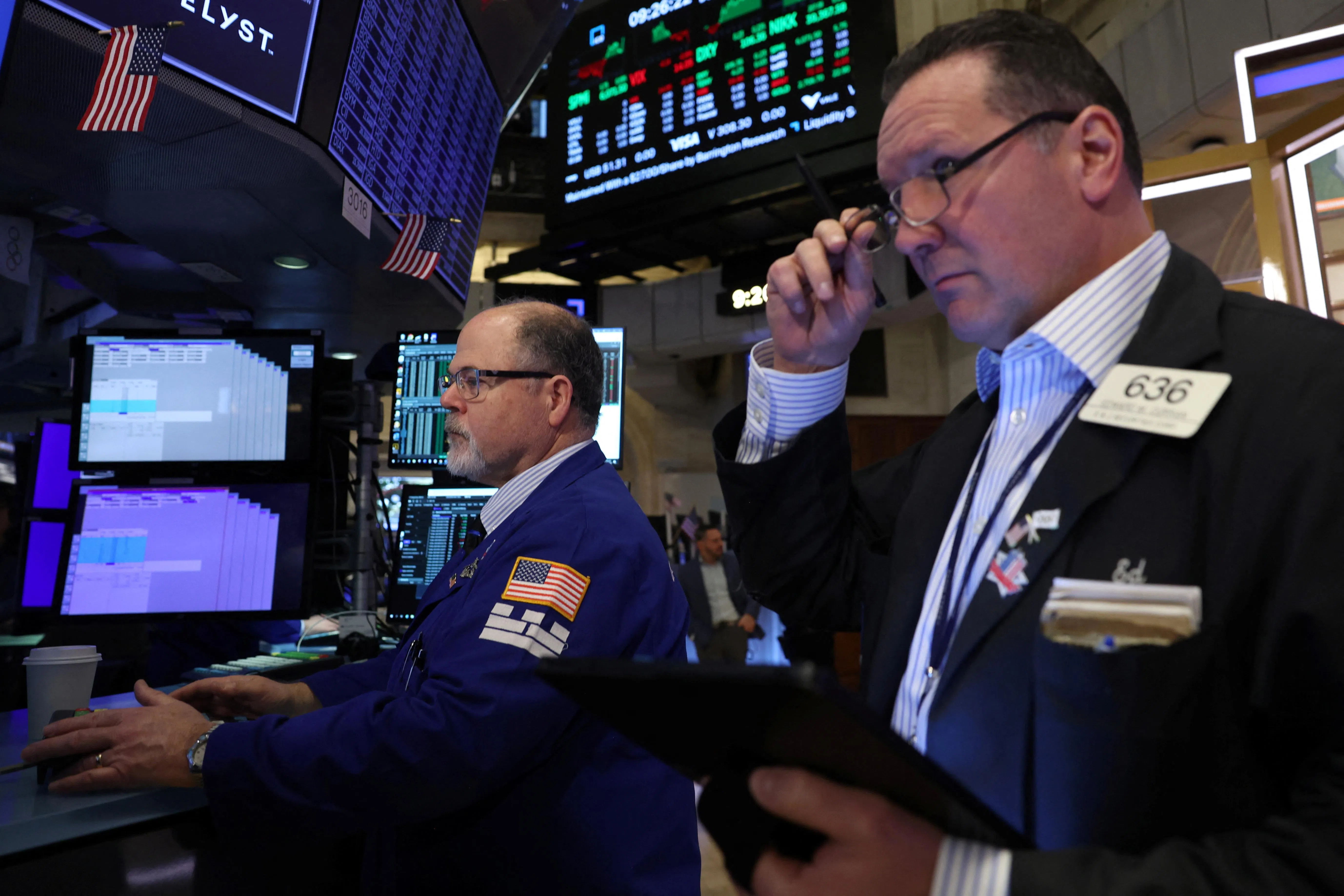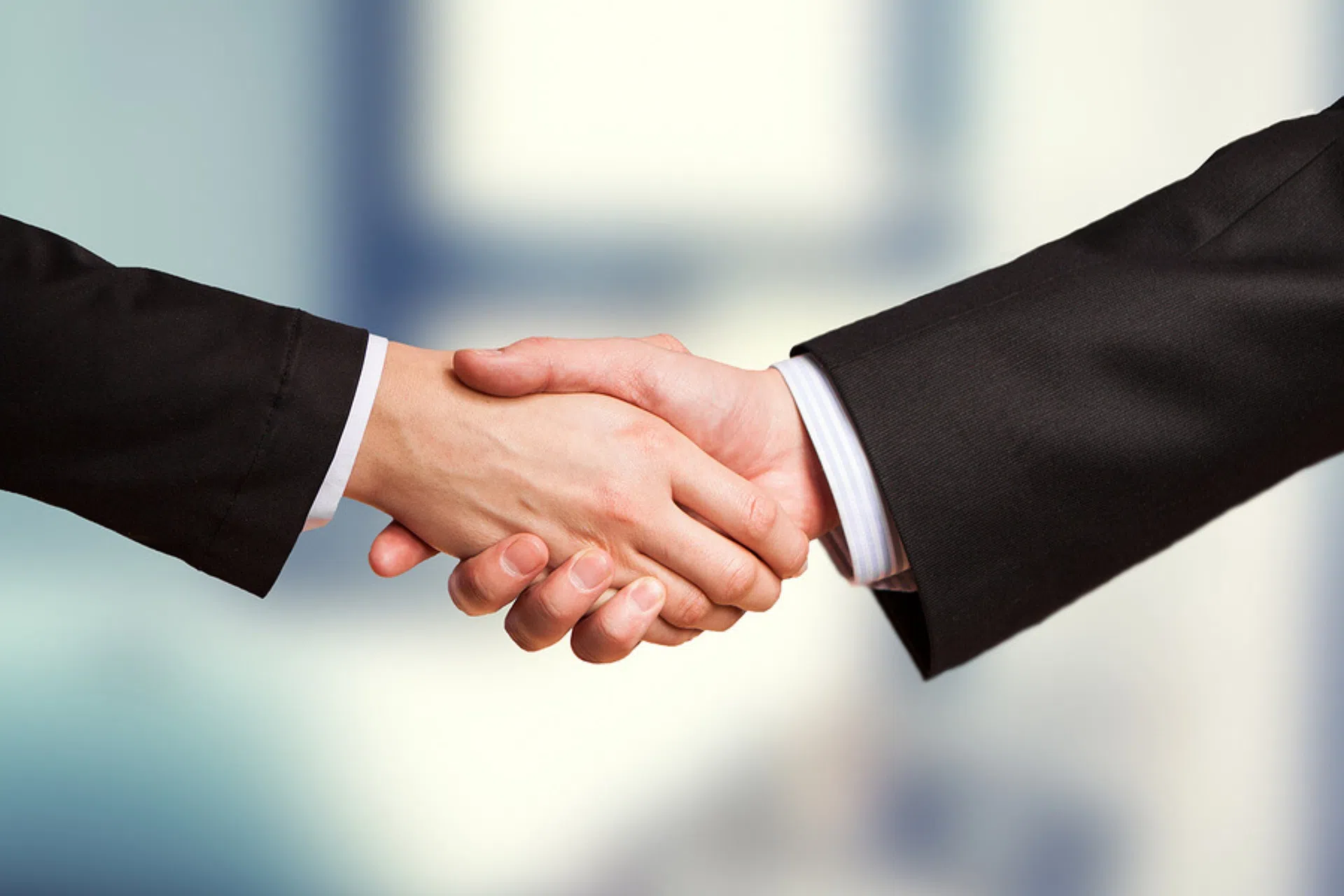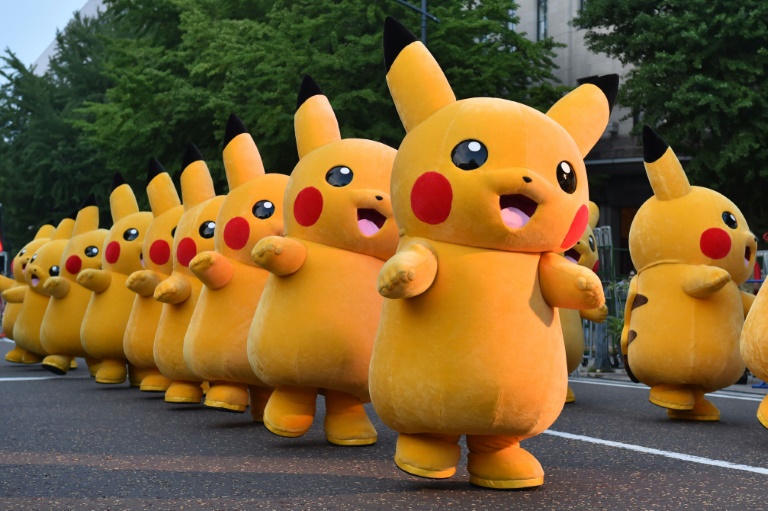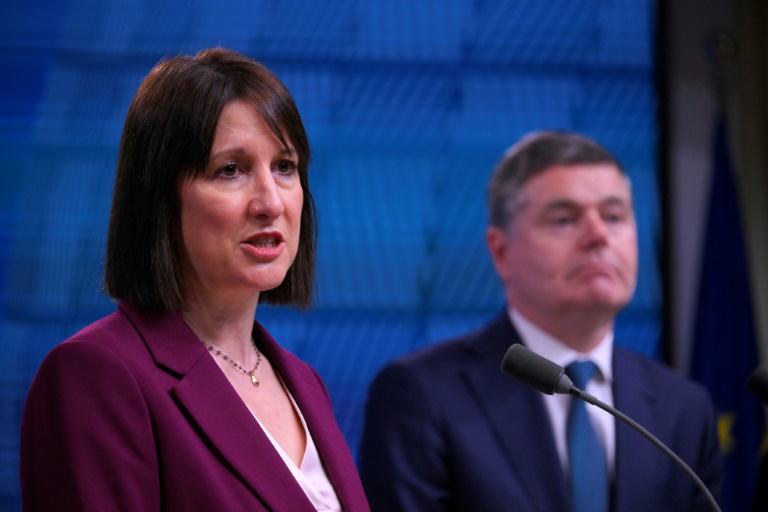US PRODUCERS of a crucial material used in electric vehicle batteries have initiated a trade action seeking sharp tariff increases on Chinese graphite, arguing that Beijing’s massive state subsidies are artificially lowering prices and making it impossible for their companies to compete.
A trade association representing US graphite producers filed petitions with two federal agencies on Tuesday (Dec 18) after the close of business asking for investigations into whether Chinese companies are violating anti-dumping laws, according to documents seen by Bloomberg News.
The industry group hopes to trigger punitive tariffs of as much as 920 per cent on Chinese graphite in response, opening a battle that is an early indication of high-stakes conflicts ahead among strategic industries as Donald Trump enters office on a promise of dramatically higher import duties.
Higher EV costs
A sharp tariff increase would raise the cost of US-made electric vehicles at a time that the incoming Trump administration is already threatening EV subsidies.
Graphite currently accounts for about 10 per cent of the cost of making an EV battery cell, according to Sam Abuelsamid, an analyst with Guidehouse Insights. A 900 per cent increase in the cost of graphite would double the overall cost, at least until alternative suppliers could increase output. Producing a battery in the US already costs at least 20 per cent more than doing so in China, according to the International Energy Agency.
Punitive tariffs also would impose significant financial costs on one of Trump’s most prominent allies, Elon Musk, chief executive officer of Tesla, the dominant domestic EV manufacturer. Tesla successfully lobbied for an exclusion from tariffs on Chinese graphite during the first Trump administration.
BT in your inbox
Start and end each day with the latest news stories and analyses delivered straight to your inbox.
The US currently does not produce any natural graphite, according to the US Geological Survey, and the government has been pushing for more investment in both mining and the production of synthetic graphite to reduce dependence on China. But the US graphite industry argues that without additional protections from Chinese imports many of those efforts will falter.
‘Smothered’ industry
The industry is “at risk of being smothered by China’s malicious trade practices,” said Erik Olson, a lobbyist who serves as spokesman for the American Active Anode Material Producers, which filed the petition.
“If we want this industry to grow, if we want this industry in North America, we need to protect it,” Olson added. “We’re never going to have this industry here if we don’t put some roadblocks in the way of the Chinese.”
The trade group petitioned the Commerce Department to investigate whether Chinese companies are violating anti-dumping laws by selling battery-grade graphite below fair market value.
The group on Tuesday also asked the International Trade Commission for a determination that China’s industrial policies encouraging overproduction of graphite and the artificially cheap imports that result from that have materially harmed the North American graphite industry’s development.
Decisions on whether to impose the tariffs would only happen after investigations that would not conclude until well into 2025 – after Trump takes office.
Trump’s first-term trade war led to a scramble by companies in the US to win exemptions from import taxes and domestic skirmishes over those exclusions that dragged on through the Biden administration.
The latest battle effectively pits domestic graphite producers led by Novonix, an Australian-listed company with a graphite production plant in Chattanooga, Tennessee – and plans to expand it – against Tesla.
During Trump’s first term in 2018, his administration levied tariffs on a broad swath of imports from China, including 25 per cent tariffs on imports of synthetic graphite. Graphite is used to make the anodes of batteries, and has other uses, including in military hardware and steel-making, because of its hardness and resistance to heat.
Exemption fight
Starting in 2019, Tesla repeatedly applied for and won exemptions from Trump’s 25 per cent tariff on graphite imports from China. In its original application for an exclusion the carmaker argued that a denial of its request “would create a competitive disadvantage to Tesla.” Approval, it said, would allow it to continue investing in and expanding its so-called “Gigafactory” in Nevada.
In February of this year, it applied again for an exemption from the tariffs on synthetic graphite arguing that it had been unable to find a replacement for Chinese graphite and needed until the end of 2025 to do so. “There is no single manufacturer outside of China that currently meets Tesla’s specifications and additional capacity requirements (which have increased exponentially since the exclusion requests were initially submitted),” Miriam Eqab, Tesla’s associate general counsel, wrote in a series of submissions.
In her submissions, Eqab wrote that while Tesla had tested potential substitutes “the majority of suppliers are still at pilot scale or are still planning to build the mass production capacity and cannot supply to Tesla in the 2024/2025 timeframe.”
In separate submissions, two South Korean battery makers who operate plants in Michigan and Georgia, LG and SK Battery America, said they had also struggled to find reliable sources of graphite outside of China.
Extension denied
But the Biden administration rebuffed the requests to extend the exemption when it expired in June of this year, leaving graphite imports from China subject to a 25 per cent tariff.
Trump has long spoken skeptically about EVs and the negative impact of the transition to them on manufacturing jobs reliant on combustion engine vehicles. He also has decried China’s increasing dominance of the sector. Yet the dispute over graphite highlights the difficult position he will face particularly with Musk now his leading donor and an influential voice on policy.
Tesla did not respond to a request for comment.
Graphite makers say the existing 25 per cent tariffs aren’t nearly enough to blunt what they say is intentional over-production by China. The companies charge that China’s over-capacity in the battery industry has distorted markets, and that state subsidies have allowed the country’s battery suppliers to easily absorb existing tariffs.
In 2023, China controlled 92 per cent of the market for high-grade graphite used in battery production, according to a study by Oxford Economics that was commissioned by the North American Graphite Alliance, a trade group.
There are signs that domestic alternatives are taking root. Tesla supplier Panasonic in February announced an agreement with Novonix to buy synthetic graphite from its existing Tennessee plant starting in 2025.
The Department of Energy on Monday announced a US$755 million loan to fund the construction of an additional plant in Chattanooga that would eventually produce enough synthetic graphite annually for the batteries of 325,000 EVs.
Tall task
But replacing synthetic graphite from China remains a tall task.
Novonix’s existing Tennessee plant will have a capacity of 10,000 tonnes per year when it starts production early next year. The company says its new plant at full capacity would add an additional 31,500 tonnes annually and that it plans to expand it further to 70,000 tonnes depending on demand.
In 2023 the US imported more than 91,000 tonnes of graphite, almost 70,000 of which came from China.
According to official trade data the value of US imports of graphite from China has almost tripled since the Trump tariffs were first introduced in 2018 and Tesla won an exemption. In 2023, imports from China were worth some US$290.9 million and represented almost 70 per cent of the value of US imports of graphite.
China has also signalled that it is willing to use its graphite exports as an economic weapon. In early December it announced that it would be placing new export restrictions on critical minerals including graphite in retaliation for expanded US export curbs on high-end semiconductors. BLOOMBERG

